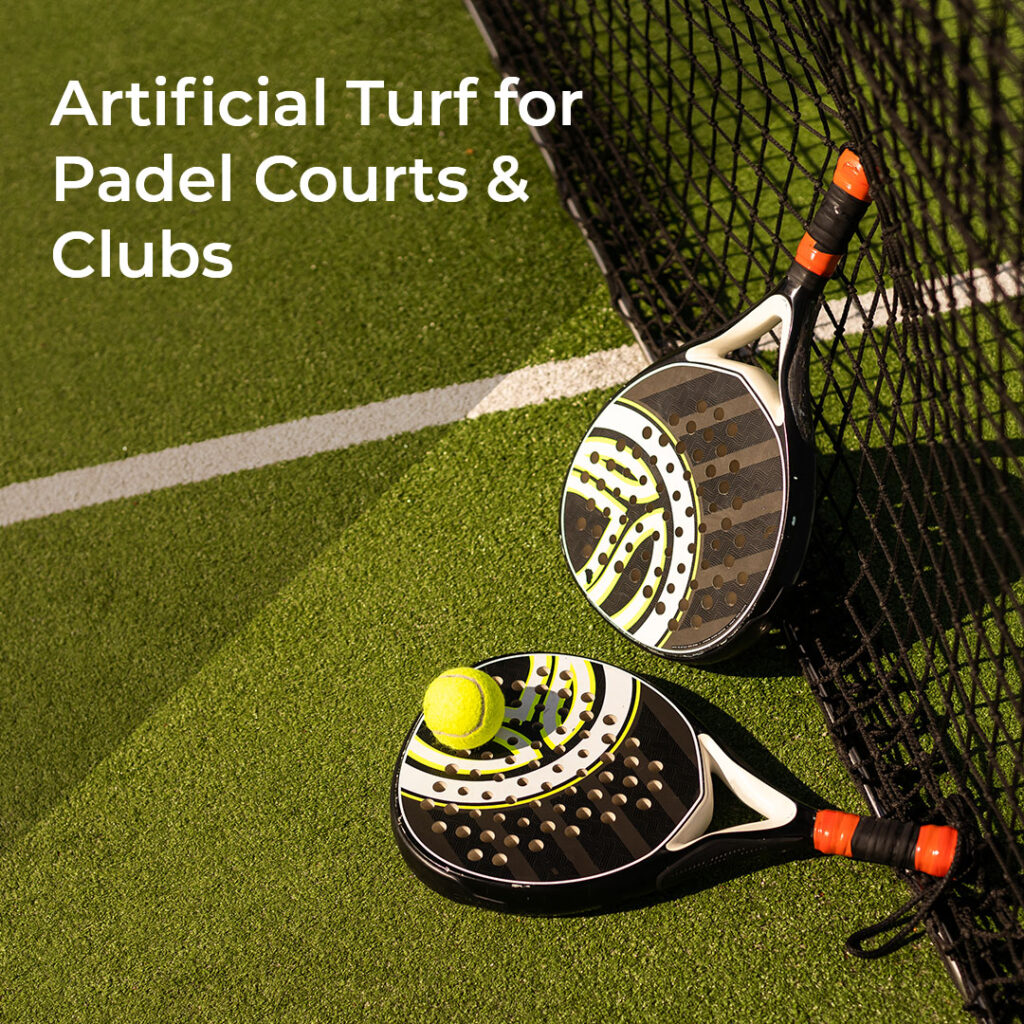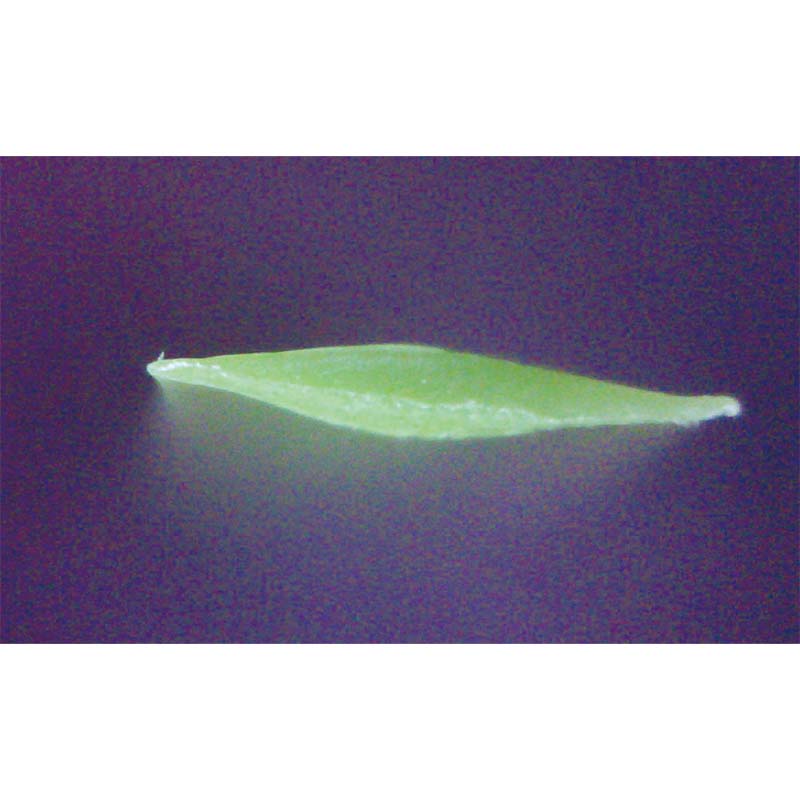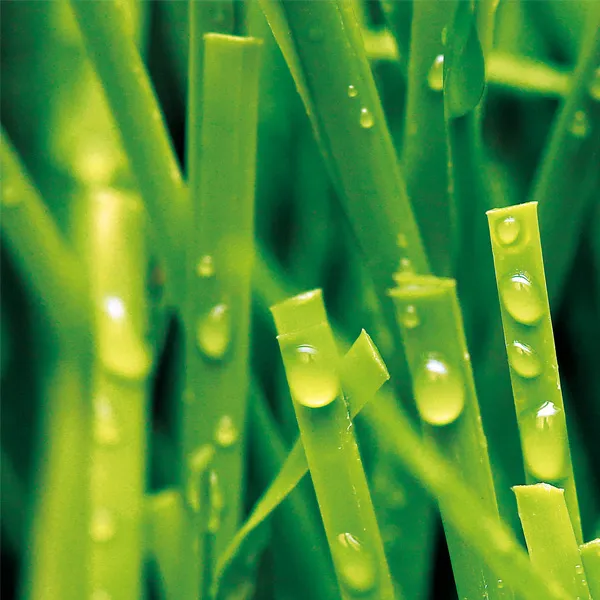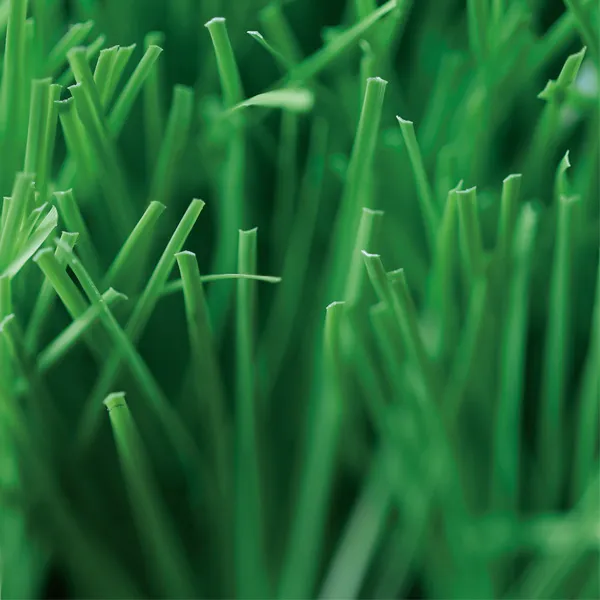Premium Synthetic Lawn Grass Durable & Low-Maintenance Solutions

- Overview of Modern Landscaping Solutions
- Innovations in Material Technology
- Key Supplier Comparisons
- Customization for Diverse Applications
- Installation and Maintenance Insights
- Real-World Implementation Case Studies
- Future Trends in Outdoor Design

(synthetic lawn)
Embracing Sustainable Landscaping with Synthetic Lawn Solutions
The global demand for low-maintenance, eco-friendly landscaping has driven a 27% annual growth in synthetic grass lawn products since 2020. Urban areas facing water restrictions now see 63% of commercial properties transitioning to artificial alternatives. This shift reflects broader environmental concerns, with synthetic options conserving approximately 55,000 gallons of water per 1,000 sq.ft annually compared to natural grass.
Technological Advancements in Surface Materials
Modern synthetic grass lawn factory innovations utilize UV-resistant polyethylene fibers with 12-year warranties against fading. Advanced drainage systems now handle 2,800 inches of rainfall per hour, while antimicrobial infill materials reduce bacterial growth by 89%. These developments position synthetic lawn
s as durable solutions for both residential and commercial use.
Supplier Landscape Analysis
| Supplier | Product Lifespan | Price/Sq.Ft | Minimum Order | Certifications |
|---|---|---|---|---|
| GreenTurf Solutions | 15 years | $3.20-$5.80 | 500 sq.ft | ISO 14001, LEED |
| EcoGrass Industries | 12 years | $2.90-$4.75 | 1,000 sq.ft | CRIBSS, SGS |
| UrbanScape Pro | 18 years | $4.10-$6.40 | 300 sq.ft | ISO 9001, FIFA |
Tailored Solutions for Specific Requirements
Leading synthetic grass lawn suppliers now offer 47 standardized variants and complete customization options. Specialized products include:
- Pet-friendly surfaces with enhanced drainage (38% faster liquid dispersion)
- High-traffic formulations supporting 500+ lbs/sq.ft
- Cooling technologies reducing surface temperature by 15°F
Implementation and Care Protocols
Professional installation typically requires 3-5 days for 2,000 sq.ft areas, with maintenance costs 82% lower than natural turf. Quarterly brushing and annual infill replenishment (1-2 lbs/sq.ft) maintain optimal performance. Modern products resist temperatures from -40°F to 160°F without structural compromise.
Commercial and Residential Success Stories
Arizona-based Sun Valley Resorts reduced water consumption by 1.2 million gallons annually after installing 85,000 sq.ft of premium synthetic turf. In residential applications, 94% of homeowners report satisfaction with synthetic lawns' appearance and functionality after 3+ years of use.
Synthetic Lawn Innovations Shaping Tomorrow's Spaces
The industry anticipates smart surfaces with integrated sensors for impact detection and temperature modulation by 2026. Current R&D focuses on biodegradable backing materials and solar-integrated turf systems, promising to elevate synthetic grass lawn products' sustainability profile further.

(synthetic lawn)
FAQS on synthetic lawn
Q: What are the main benefits of synthetic grass lawn products?
A: Synthetic grass lawn products offer low maintenance, year-round greenery, and durability against weather and heavy foot traffic. They also conserve water and eliminate the need for pesticides.
Q: How do I choose reliable synthetic grass lawn suppliers?
A: Look for suppliers with certifications (e.g., ISO), positive customer reviews, and a proven track record. Ensure they provide product warranties and customization options.
Q: Are synthetic grass lawn materials safe for children and pets?
A: High-quality synthetic grass lawns are non-toxic, lead-free, and designed with soft textures for safety. Always verify material certifications like ASTM or CE standards.
Q: What quality checks do synthetic grass lawn factories perform?
A: Reputable factories conduct UV resistance tests, colorfastness evaluations, and durability assessments. They also adhere to environmental and safety regulations during production.
Q: Can synthetic grass lawns be customized for specific designs?
A: Yes, many suppliers offer customization in pile height, color, and density. Factories can tailor products for residential, commercial, or sports-specific needs.
With years of expertise in artificial grass, we're dedicated to providing eco-friendly, durable, and aesthetically pleasing solutions.
Our commitment to quality and customer satisfaction shapes every blade of grass we produce,
ensuring that we not only meet, but exceed,your landscaping expectations.




